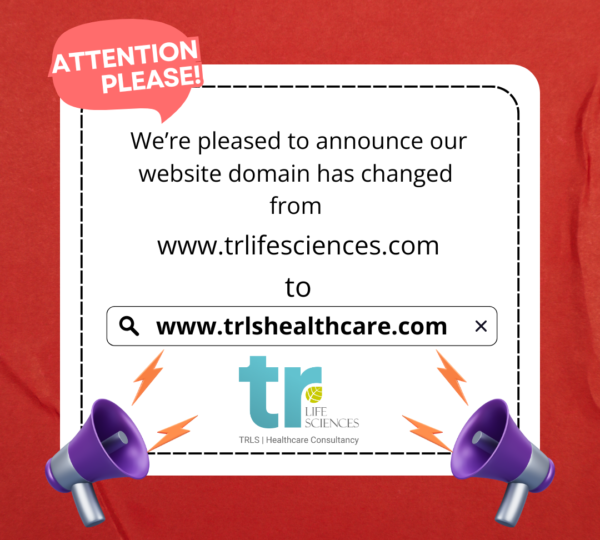
Unleash the Power of Patient Outcomes
In the ever-evolving landscape of healthcare, the focus on patient outcomes has become paramount. With advancements in medical technology, research, and patient-centered care approaches, healthcare providers and policymakers are now striving to achieve the best possible results for patients. The pursuit of improved patient outcomes has the potential to transform the healthcare experience, leading to better quality of life, increased satisfaction, and enhanced overall well-being.
Understanding Patient Outcomes:
To embark on the journey towards better patient outcomes, it is crucial to understand what they entail. Patient outcomes encompass a broad spectrum of factors, including the effectiveness of treatments, the management of chronic conditions, reduction of complications, patient satisfaction, and overall health improvements. By focusing on these outcomes, healthcare providers can gauge the success of their interventions and adapt their approaches accordingly.
The Role of Patient-Centered Care

Patient-centered care has emerged as a pivotal approach to improve patient outcomes. This approach involves engaging patients in shared decision-making, considering their preferences and values, and tailoring healthcare plans to their individual needs. By placing patients at the center of their care, healthcare providers can foster trust, enhance communication, and empower patients to actively participate in their own treatment journey. This patient-provider collaboration contributes to better treatment adherence, reduced medical errors, and ultimately, improved outcomes.

Leveraging Technology for Enhanced Outcomes:
In the digital era, technology has revolutionized healthcare and offers immense potential to enhance patient outcomes. Electronic health records (EHRs), telemedicine, wearable devices, and mobile applications have streamlined healthcare delivery, allowing for seamless information exchange and remote monitoring. These technological advancements enable real-time tracking of patient data, early identification of warning signs, and proactive interventions, leading to timely and targeted treatments, and ultimately better patient outcomes
Embracing Data-Driven Approaches:
The wealth of healthcare data available today presents a valuable opportunity to drive improvements in patient outcomes. Through data analytics and artificial intelligence (AI), healthcare providers can gain valuable insights into patterns, trends, and predictive analytics. This data-driven approach can optimize treatment protocols, personalize care plans, and identify high-risk patients who may benefit from proactive interventions. By harnessing the power of data, healthcare systems can make informed decisions to improve patient outcomes on a broader scale
Promoting Collaborative Care: Collaboration among healthcare professionals across different disciplines is vital in optimizing patient outcomes. By fostering interdisciplinary teamwork, sharing knowledge and expertise, and promoting effective communication, healthcare providers can offer comprehensive, coordinated care that addresses the complex needs of patients. Collaborative care models improve care transitions, reduce fragmentation, and enable the seamless integration of services, ultimately leading to better patient outcomes.




